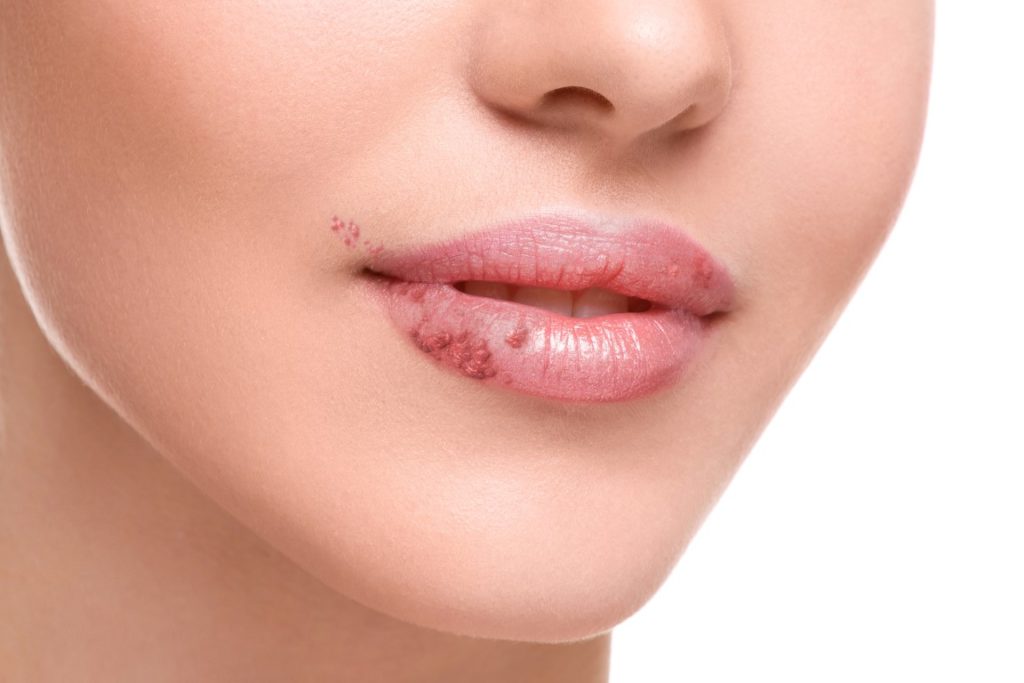Herpes simplex virus, ( also known as HSV ) is a viral infection caused by a group of herpes viruses, which may produce cold sores, genital inflammation, or conjunctivitis.
Types of herpes simplex
Oral herpes ( HSV-1 ) involves the face or mouth. It may result in small blisters in groups often called cold sores or fever blisters or may just cause a sore throat.
Genital herpes, ( HSV-2 ) often simply known as herpes, may have minimal symptoms or form blisters that break open and result in small ulcers. These typically heal over two to four weeks. Tingling or shooting pains may occur before the blisters appear.
symptoms of herpes simplex
Symptoms of herpes simplex virus typically appear as a blister or as multiple blisters on or around affected areas — usually the mouth, genitals, or rectum. The blisters break, leaving tender sores.
diagnosis or herpes simplex
This type of virus is generally diagnosed with a physical exam. Your doctor may check your body for sores and ask you about some of your current symptoms. Your doctor may also request HSV testing, also known as a herpes culture, to confirm the diagnosis if you have sores on your genitals. During this test, your doctor will take a swab sample of fluid from the sore and then send it to a laboratory for testing.
Blood tests looking for antibodies to HSV-1 and HSV-2 may also be used to diagnose these infections. This is especially helpful when there are no sores present.
treatment of herpes simplex
Although there is no cure for herpes, treatments can relieve the symptoms. Medication can decrease the pain related to an outbreak and can shorten healing time. They can also decrease the total number of outbreaks. Drugs including Famvir, Zovirax, and Valtrex are among the drugs used to treat the symptoms of herpes. Warm baths may relieve the pain associated with genital sores.




